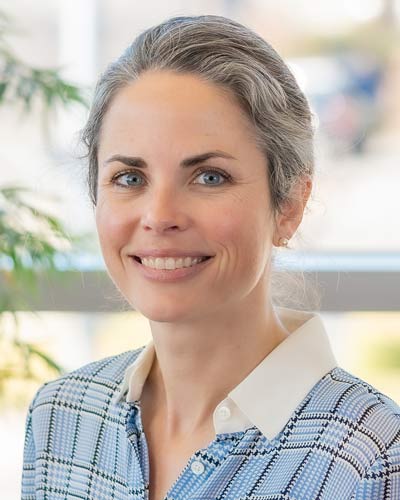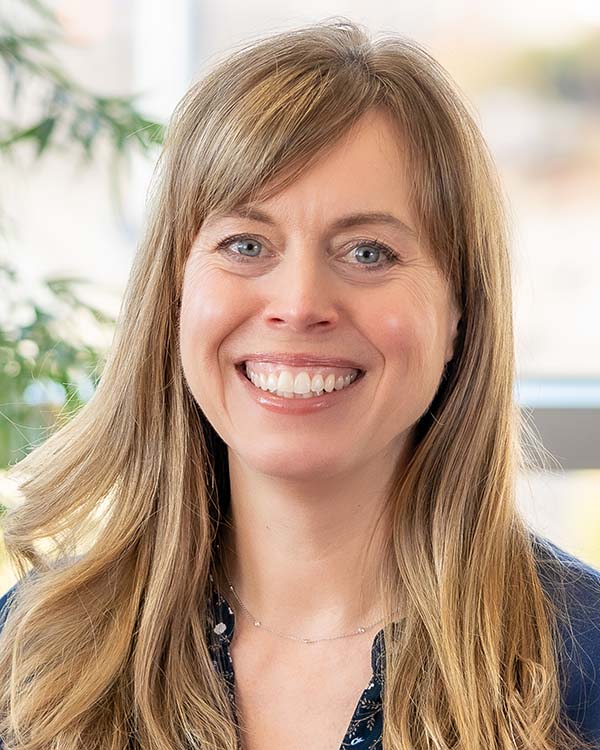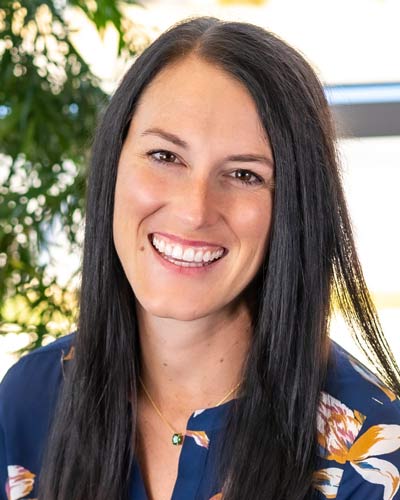Hereditary Cancer Screening
 When it comes to preventative health care, hereditary cancer screening can help identify gene mutations that increase a person’s risk of developing certain types of cancer. Genetic testing analyses a person’s DNA to identify specific gene variations associated with an increased cancer risk.
When it comes to preventative health care, hereditary cancer screening can help identify gene mutations that increase a person’s risk of developing certain types of cancer. Genetic testing analyses a person’s DNA to identify specific gene variations associated with an increased cancer risk.
Who Should Consider Genetic Testing for Cancer?
Genetic testing can be an excellent option for people concerned about their personal or family cancer history. Genetic testing can help you and your doctor make informed decisions about your health based on your results and risk factors. You may want to consider hereditary cancer screening and testing if you have any of the following:
- Two or more relatives on the same side of the family have the same type of cancer, such as breast, colon, ovarian, or pancreatic cancer
- Immediate family members with cancer (parents, siblings, or children)
- A family member who was diagnosed with more than one type of cancer or a rare cancer
- Any family member who was diagnosed with a specific kind of cancer much earlier than expected for that type of cancer.
- Ashkenazi Jewish ancestry
- One or more family members with a known genetic mutation
Hereditary Cancer Screening
Hereditary cancer screening consists of several steps.
- Genetic Testing Risk Assessment: Before undergoing genetic testing, you will meet with your doctor to discuss your reason for wanting it and to collect a detailed family history. This information will help your provider detect patterns of cancer within your family to predict your risk of cancer better.
- Genetic Counseling: A genetic counselor can help explain your risk assessment and how genetic testing works. During this counseling session, you will discuss the pros, cons, and limitations of genetic testing to ensure you are making an informed decision before proceeding with any testing.
- Genetic Testing: Once you have undergone a risk assessment with your doctor and are well informed, you can consent to genetic testing. The samples are collected by blood or saliva and sent to the lab for evaluation.
- The Results: Once your genetic testing has been completed, your doctor will interpret the results. Afterward, you can expect to meet with your doctor or a genetic counselor to discuss any genetic mutations that could indicate an increased risk of developing certain types of cancer. They will help you outline a plan to help you and your family manage and prevent disease. They will also discuss the potential impact on your children (present or future).
- Medical Management: You and your doctor will decide how to manage your genetic testing results best. Some people will require more frequent cancer screening, while others may choose to take more involved preventative measures, such as risk-reducing surgery. Your specific recommendations will vary depending on the type of mutation found and the associated cancer risks.
Schedule a Hereditary Cancer Screening Appointment
If you are considering genetic testing for cancer, our genetic counselors and physicians are here to support you. They have the experience and knowledge to guide you through the process, as well as help you manage your risks of developing cancer, should you be positive for any cancer-related genes.
Schedule an appointment today to learn more about hereditary cancer screening and whether it is right for you!
Quick Facts
OB/GYN Doctors
Testimonials
“Great service. Dr. Shelton was my OB and delivered my son. He was always willing to answer questions and very knowledgeable. He was kind and courteous during delivery because let’s be honest… that’s not the most flattering moment in a woman’s life.” – BW
“Dr. Cohen is an amazing Dr. Along with her staff and the reception team it’s always a pleasant experience. I know I can call and leave messages for the team if I have questions or concerns. Dr. Cohen was with me through my whole pregnancy, rooting me on during delivery. Best team there could be.” – NP
“I absolutely love Dr. Kelly. I’m on my third pregnancy now and she has been my OB for all three. She’s always understanding and considerate when I need someone to talk too and she always makes sure I don’t have any additional questions before our appointment is over. She will ALWAYS be my recommended OB at the Women’s Health Center.” – KM







